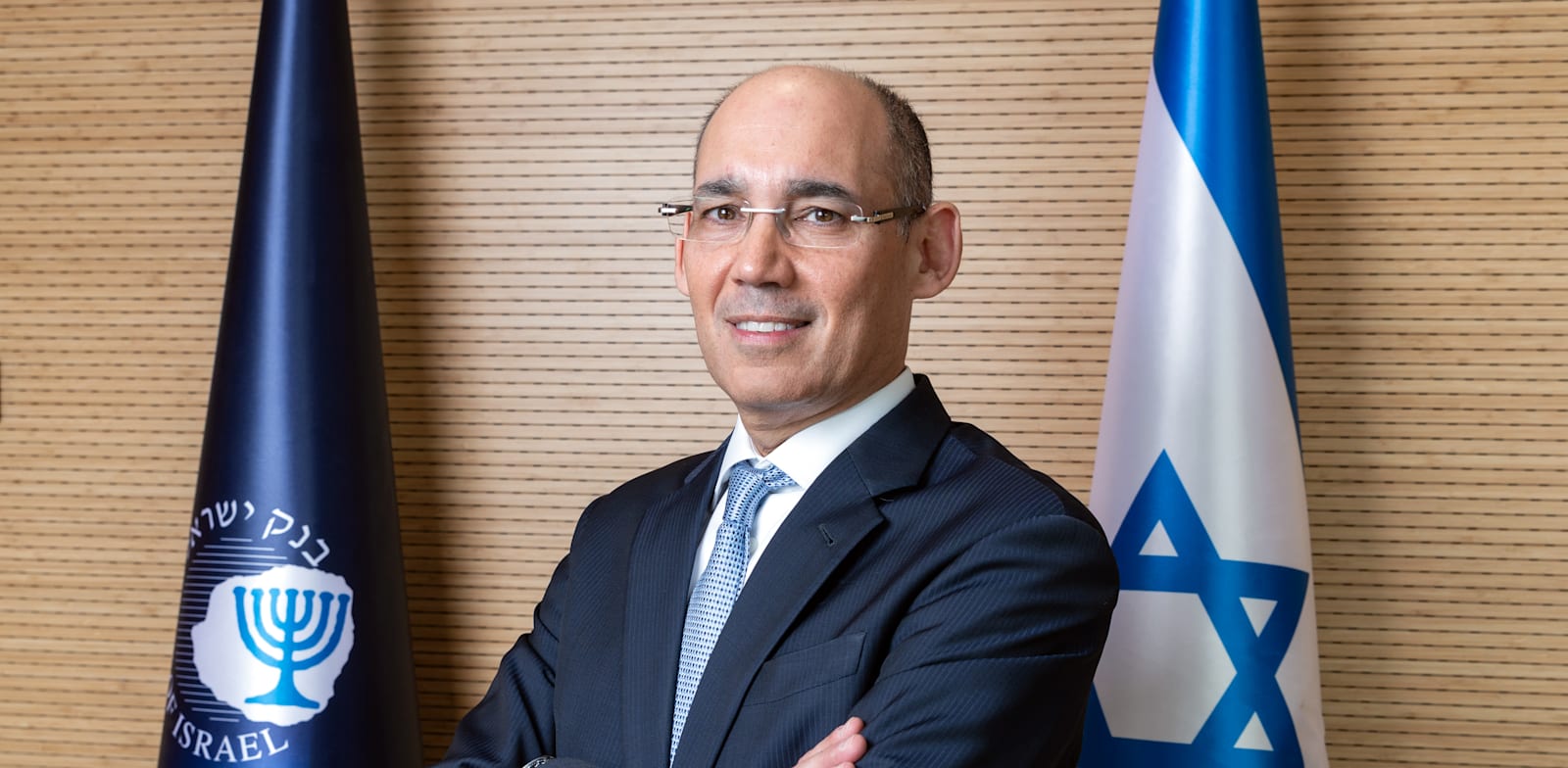The rise is prices that Israeli consumers have been experiencing in recent months has hit the capital market as well. At the beginning of this week, local mutual fund managers raised their management fess for dozens of funds, among them funds with negative returns.
Management fees are lowest for money market funds, but in the case of some these funds the rises in fee levels are the steepest. Harel, for example, raised management fees for money market funds from 0.02% to 0.1%. Analyst raised its fees from 0.03% to 0.14%. These are still among the lowest fees in the investment management industry.
More Caspit, on the other hand, which began with relatively high management fees, has raised them from 0.14% to 0.19%. Excellence Investment House’s Kesem has also raised the management fees it charge son several funds, after a year ago offering dozens of funds with no management fee at all.
The rise in management fees is also in traditional active funds, where fees were already higher, because of the need for closer management of the investments in order to obtain higher returns. Until the latest hike, management fees for equity funds were around 1.2%, and have no shot up to around 1.5%. In funds that combine investment in equities and in fixed income instruments, management fees have risen from around 0.5% to the region of 0.7%, and some funds are charging 1%.
Market sources estimate that the management fee hike will boost the funds’ income over the coming year by some NIS 100 million. Fund managers are entitled to raise prices once a year, on January 1, and each year the fees for dozens of funds indeed rise. One funds management company that has traditionally refrained from imposing higher fees is Altshuler Shaham, and this year too it is leaving its management fee tariff untouched.
The fund managers claim that many of the funds the fees that are charged are at loss-making levels. Sometimes this is done deliberately as a marketing ploy before fees are raised. Meanwhile, the managers say, they have had to cope with rises in charges they pay to third parties.
For example, the distribution commission that the funds pay of the banks, which are practically the exclusive channel to end customers, is 0.1% of the amount invested. The funds also pay the banks a 0.01% operating fee and a 0.01% fee to the Securities Authority on every shekel they take in. The funds are thus paying 0.12% to external bodies, and this is before the prospectus fee and the fund management fee paid to the Securities Authority.
The managers also mention that the Tel Aviv Stock Exchange recently raised its tariff for tracking its indices, which applies to about a fifth of the funds, which track stock exchange indices. The Tel Aviv Stock Exchange itself says that the rise was very small, and that in any case the fees it charges are among the lowest in the world.
RELATED ARTICLES

Bank of Israel hikes rate to highest since 2008
At the same time, service providers such as software and cybersecurity companies have also raised prices.
The problem for customers is that management fees are raised after they have already invested their money in the funds. This is unlike the case of provident and pension funds, where management fees cannot be raised for at least five years from the date that a customer starts saving with them.
Money market funds raise NIS 33.7 billion
Beyond the management fee issue, there is no doubt that last year was the year of the money market funds. The rise in interest rates made this product attractive after years in which they offered near zero returns, in line with the near zero interest rate of the Bank of Israel. After yesterday’s 0.5% rise, the Bank of Israel’s rate in now 3.75%.
The money market funds enjoy tax advantages and greater liquidity in comparison with bank deposits, although they also vary a higher risk. In 2022, these funds took in NIS 33.7 billion, bringing their market share from 4% at the beginning of the year to 13.6% by the end.
This is in complete contrast to the rest of the industry. The funds’ total assets under management fell by some NIS 30 billion, or 7%, in 2022, to NIS 369 billion at the end of the year. According to Shon Ashkenazi, investment adviser relations manager at Meitav Investment House, the funds’ negative returns accounted for a decline in value of NIS 39 million, offset by inflows of investment totaling NIS 9.3 billion.
The traditional active funds sustained a massive exit of investor money, of NIS 27.4 billion, while the passive funds took in some NIS 3.8 billion.
Published by Globes, Israel business news – en.globes.co.il – on January 3, 2023.
© Copyright of Globes Publisher Itonut (1983) Ltd., 2023.
For all the latest Business News Click Here
For the latest news and updates, follow us on Google News.
